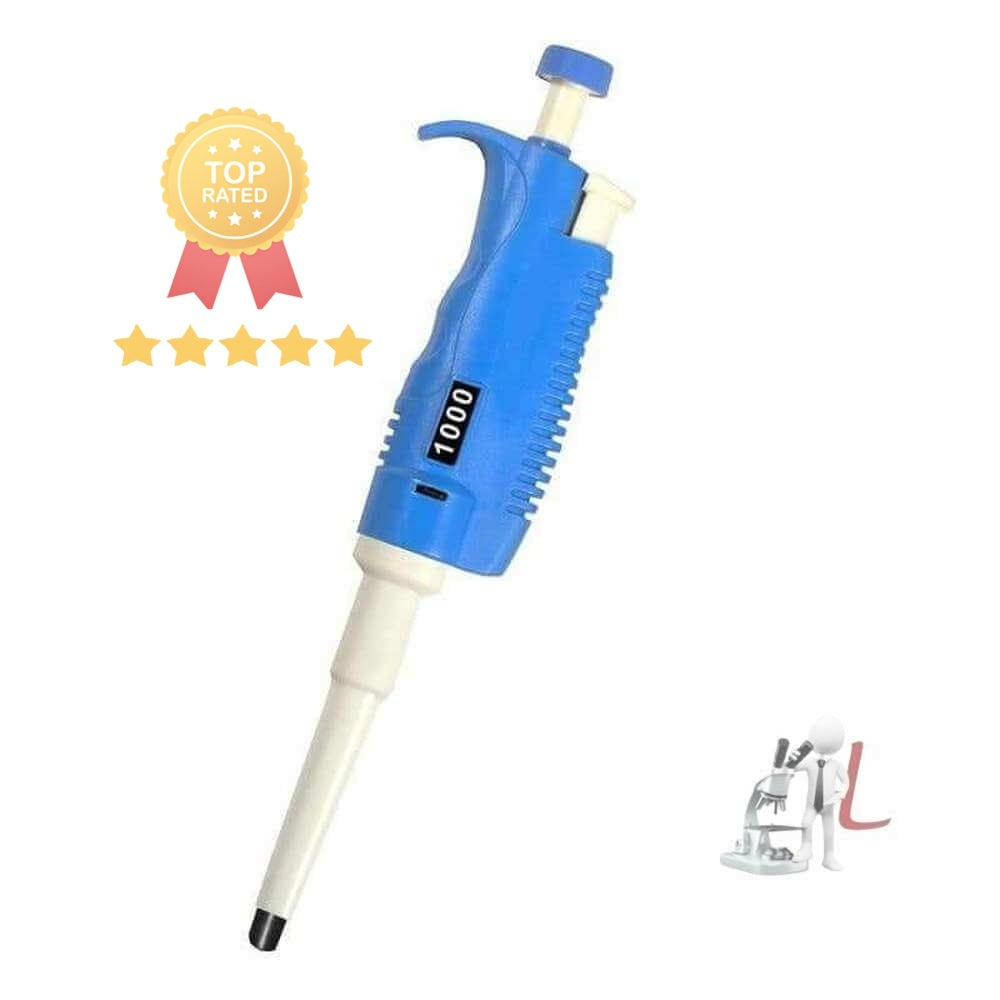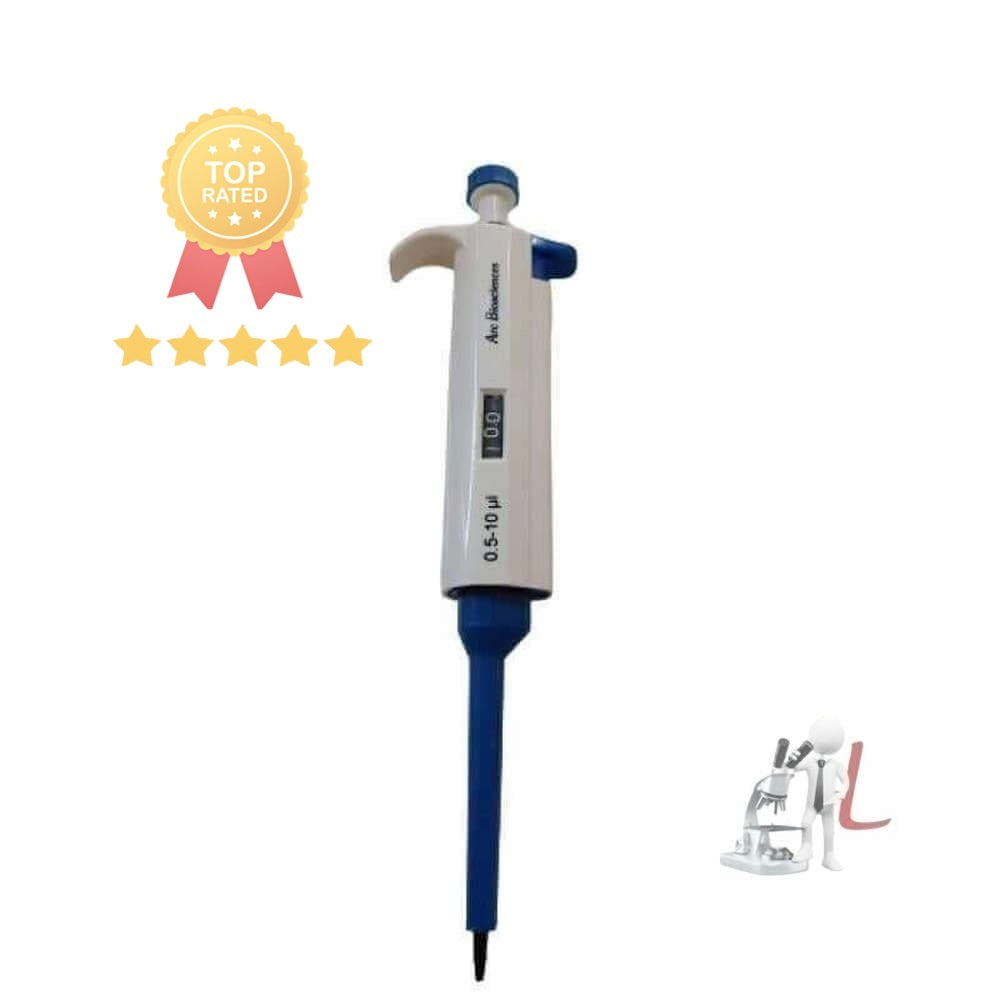Reproductive Biology Lab Equipment
Reproductive biology lab equipment is essential for conducting research and experiments related to the reproductive systems of various organisms. This equipment plays a vital role in understanding reproductive processes, fertility, and developmental biology, making it indispensable for researchers in the field. In any reproductive biology lab, the right tools can significantly impact the quality and accuracy of experimental results.
One crucial component of reproductive biology lab equipment is the microscope. Microscopes are used to examine cells, tissues, and other microscopic structures, providing insights into cellular behavior during reproduction. With advances in technology, modern microscopes come equipped with digital imaging and analysis capabilities, enhancing the efficiency of research procedures.
Incubators are another key piece of reproductive biology lab equipment. They provide a controlled environment for the development of embryos, ensuring that temperature, humidity, and gas composition create optimal conditions for growth. Incubators are essential for both in vitro fertilization (IVF) and other reproductive technology applications, allowing researchers to monitor embryonic development closely.
The use of cryopreservation tanks is also widespread in reproductive biology laboratories. These tanks are designed to store biological samples at ultra-low temperatures, effectively preserving sperm, eggs, and embryos for future use. Cryopreservation is pivotal for fertility treatments, allowing for the long-term storage of viable gametes and embryos, which can then be thawed and utilized when needed.
Additionally, dispensing and pipetting instruments are fundamental to accurate measurements and handling of biological samples. Precision pipettes, serological pipettes, and automatic dispensers ensure that researchers can perform experiments without contamination or error, which is crucial in reproductive biology where precision is key in manipulating cells and reagents. The right pipetting technique is vital, as even minor errors can lead to significant differences in experimental outcomes.
Furthermore, centrifuges are integral to the separation of cellular components in reproductive biology research. They enable the separation of plasma from blood samples or the isolation of specific cells within a heterogeneous mixture. Different types of centrifuges, such as microcentrifuges and high-speed centrifuges, cater to various needs in the lab, depending on the size of the samples being processed.
In addition to analytical instruments, sample storage solutions, such as refrigerators and freezers are crucial for maintaining the integrity of biological materials. Proper storage conditions help prevent degradation or loss of sample viability, which is particularly important given the sensitivity of reproductive tissues and cells.
Laboratories also rely on specific culture media and reagents, which are critical components of reproductive biology lab equipment. These specialized media provide the necessary nutrients and environment to support the growth and maintenance of gametes and embryos. Proper formulation and handling of culture media directly affect the success of fertilization and embryonic development in vitro.
Moreover, specialized equipment for embryo assessment, such as time-lapse imaging systems, allows researchers to monitor developmental progression without disturbing the embryo. These systems provide valuable data on developmental events and can help identify viable embryos for implantation in IVF procedures.
Furthermore, reproductive biology research often intersects with the fields of genetics and genomics; thus, molecular biology tools such as PCR machines and sequencers also play a significant role. These devices are employed for genetic analysis of gametes and embryos, enabling researchers to explore genetic disorders and traits that affect reproductive success.
As reproductive biology continues to evolve, so does the need for cutting-edge tools and technologies. Ongoing advancements are leading to the development of more sophisticated and automated systems that enhance the precision and efficiency of reproductive biology lab equipment. Innovations such as automated embryo selection systems and artificial intelligence for data interpretation signify the future of reproductive research.
In conclusion, the variety of reproductive biology lab equipment is extensive and covers a wide range of applications in research and clinical settings. Each piece of equipment, from microscopes to incubators and from cryopreservation tanks to molecular tools, plays a vital role in advancing our understanding of reproductive mechanisms and improving reproductive health outcomes. Investing in high-quality reproductive biology lab equipment is essential for any laboratory focused on this vital field of study, ensuring that researchers can pursue their investigations with confidence and accuracy.
Filter
Sort by



